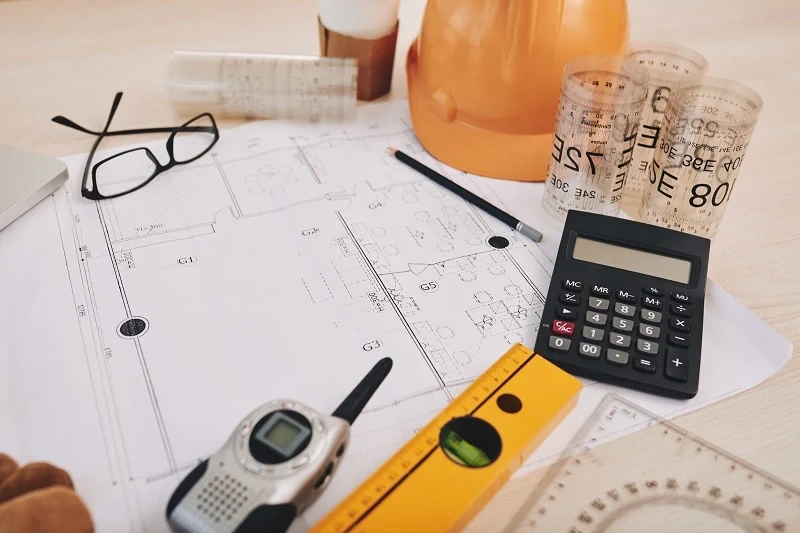Which are the Important Construction Approvals that a Builder Should Have?

The expertise of a builder, along with requisite approvals and sanctions, offers you quality construction, and a house that provides the right haven for you and your loved ones. Construction work involves a lot of approvals from concerned authorities. These are mandatory and have to be sought before the construction begins. In case of non-adherence, penalties in the form of fines or even imprisonment are imposed on the builder. Since home buying involves an investment of a large sum of money, lots of emotions and efforts and legalities too, for a first-time home buyer this can be an unnerving experience.
To ensure you are protected and that you do not get into a legal battle with the builder at any point of time, it is important to be apprised of and to check the important construction approvals and certificates beforehand. To do so, you can as a first step visit the RERA Website. Once you login, you will see three buttons – Project Details, Rulings/Judgements and Cause List. Access the Project details by using either of the options - Enter the Project Name, the Registration Number (if you are aware of the same) or view the project on the Map. Alternately, you can ask the builder to share the documents listed, before signing the sale deed. To ease the process, some important approvals and certificates are enlisted below.
CHANGE IN LAND USE APPROVAL
Today, with spaces closing in because of urbanization, agricultural land is sometimes converted into Non-Agricultural (NA) land and used to construct buildings for residential and/or commercial purposes. In such a scenario, the builder requires the Change in Land Use Approval, which is obtained from the concerned authorities including the Local Body and the State Ministry of Urban Development (UD).
ZONAL APPROVAL
Once the land title and land clearance have been received, a Zonal Approval has to be sought. This would include receiving the Ownership Certificate, which is a building permit under the provisions of the Local Body Act from the Revenue Department. Next, the State Town Planning conducts checks with the Planning Board and other concerned authorities in the city. Case specific approvals and No Objection Certificates (NOCs) by the authorities are needed to be in order before the Zonal Approval is granted.
BUILDING APPROVAL
With the above in place, the Building Approval comes next. This approval will take into consideration the Building Plan, which is a graphic representation of what the building will look like post construction, and the Layout Plan as per the approved FAR (Floor Area Ratio) or FSI (Floor Space Index) for the construction of the building. The Building Approval will be sanctioned by the Development Authority and the Municipal Corporation.
UTILITY INSTALLATION APPROVAL
Basic amenities need to be in place in any property in order for people to inhabit it. Thus, a builder also has to get approvals for Utility Installations like Electricity, Gas, Water and Sewer system etc. A No Objection Certificate (NOC) needs to be obtained from the Pollution Board, Municipality, Electricity Distribution Company and other respective departments. It is imperative that the builder comply with the building laws for the sanction and approval of these basic amenities.
CERTIFICATES
Along with these approvals, there are also important certificates i.e., legal documents issued by the concerned authorities that you as a home buyer should verify too:
Commencement Certificate
Issued by the local authority, the Commencement Certificate gives the builder permission to begin the construction of a project. It is issued only when the legal requirements and the relevant sanctions for a building are in place.
Completion Certificate
The Completion Certificate is an important and mandatory legal document that attests to the fact that the newly constructed building has been built and completed according to the regulations and safety norms specified in the Building Act.
Occupancy Certificate
The Occupancy Certificate certifies that the building has been constructed according to the required building standards and local laws and can be occupied under reference for the use specified.
While this list contains most of the important documents required for construction and occupancy, it is important to note that the number of approvals required also depends on the size, sensitivity and complexity of the proposed project and may vary accordingly. Seek expert advice for more.









Ask a Question